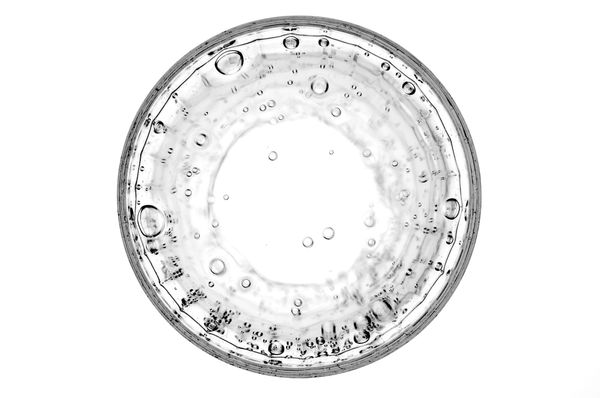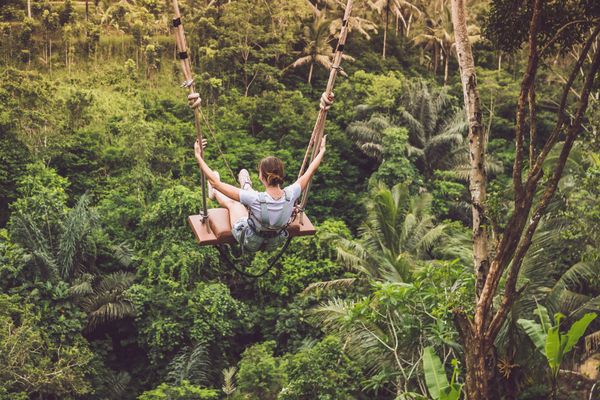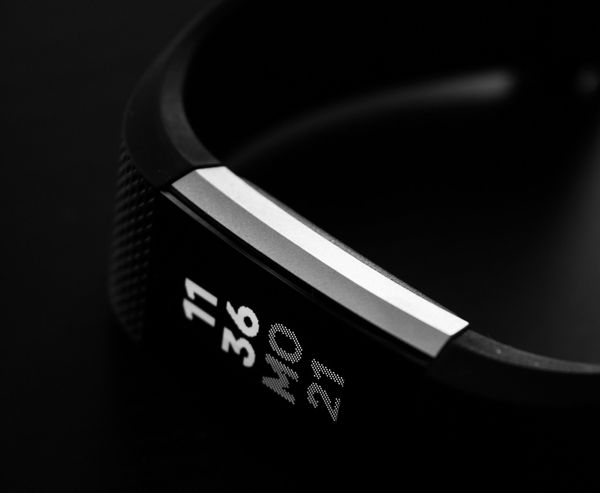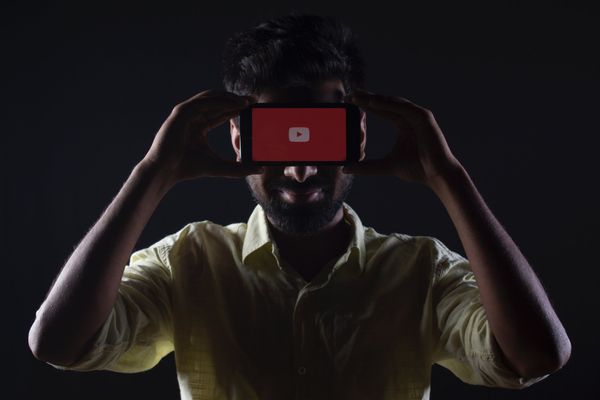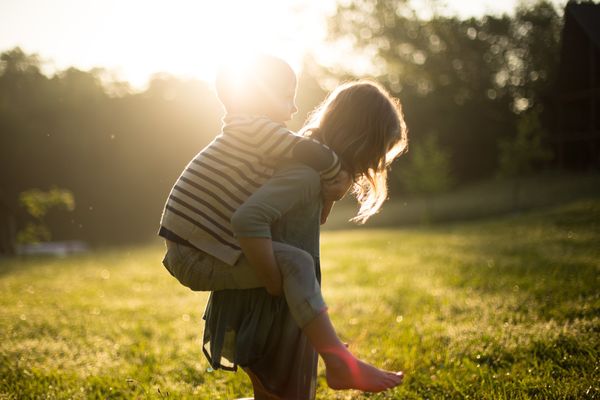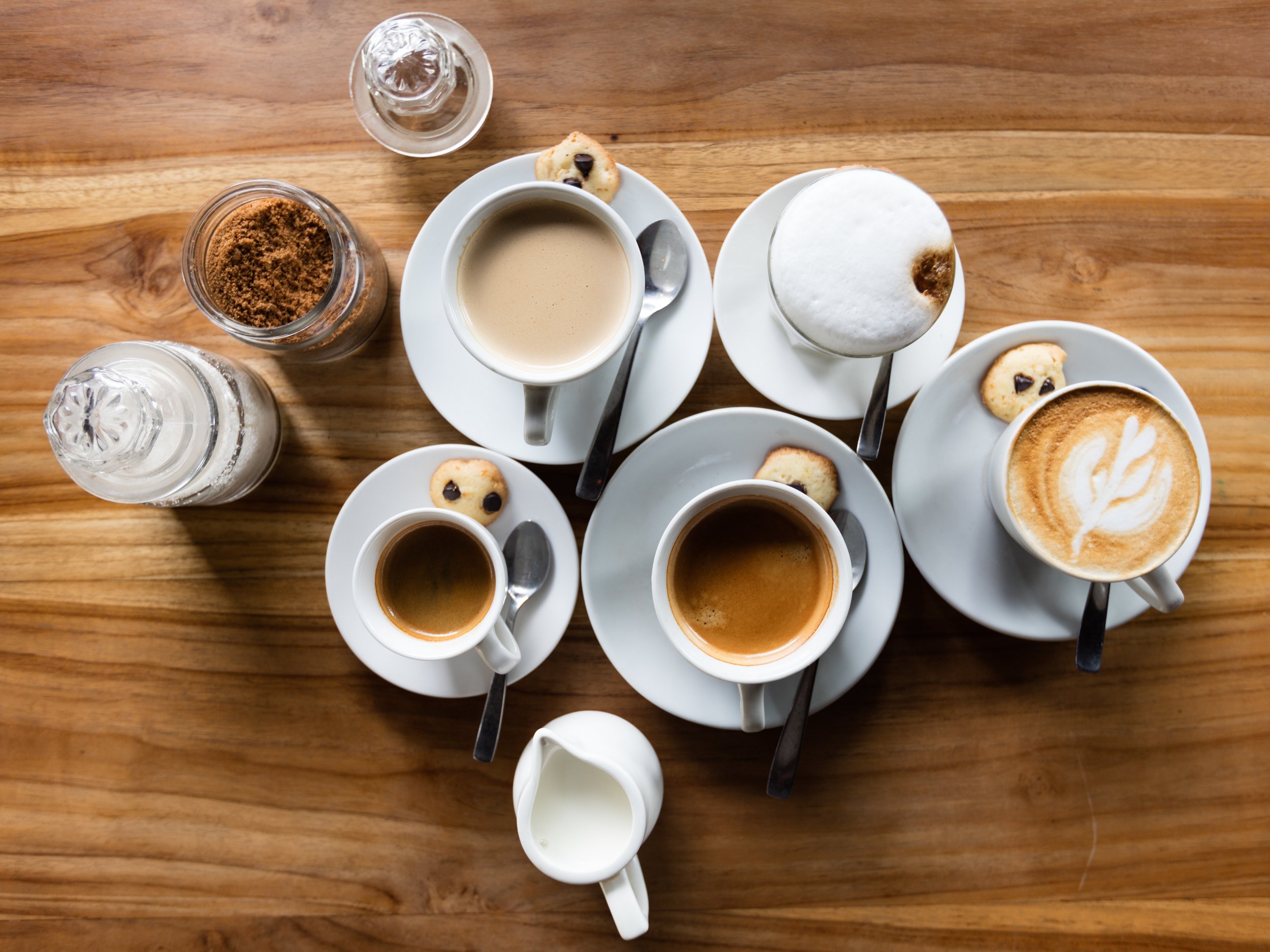
The U.S. Army has finally answered the ever elusive question most adults ask themselves several times a week: How much coffee is too much coffee? Do I need that second cup? The answer comes in the form of an algorithm.
Caffeine gives your nervous system a jolt of energy, so it's no wonder why 83% of Americans are regular coffee drinkers, and almost 45% drink two to three cups of coffee each day.
But there is a fine line between using coffee to make you feel energized, and drinking coffee to the point of jitters. To figure out what that line is, the U.S. Army commissioned a study and researchers have designed an automated optimization algorithm to find out how to use coffee to "maximize alertness" when feeling sleepy.
“We found that by using our algorithm, which determines when and how much caffeine a subject should consume, we can improve alertness by up to 64%, while consuming the same total amount of caffeine,” said Jaques Reifman, PhD, a senior research scientist and director at the U.S. Army Medical Research and Materiel Command. “Alternatively, a subject can reduce caffeine consumption by up to 65% and still achieve equivalent improvements in alertness.” The study was published in Journal of Sleep Research.
The algorithm uses user-input data, the user's physiology, and their maximum caffeine allowance. It uses psychomotor vigilance task (PVT) tests to measure the user's behavioral alertness. The more the algorithm knows about the user, the better it is at predicting how much coffee to drink and when to drink it. The goal is to optimize alertness while actually reducing caffeine intake.
These methods are currently being tested on soldiers in training, and the U.S. Army might even license the technology, though that is yet to be seen.
For now, a limited version app, called 2B-Alert, is available for educational purposes.




